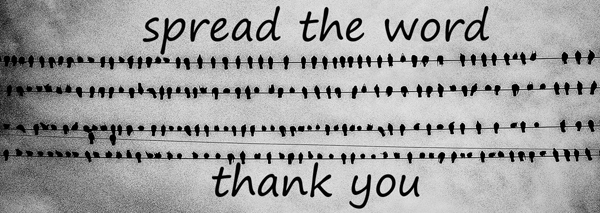
| WELCOME |
 |

comments, ephemera, speculation, etc. (protected political speech and personal opinion) 2021- 2021-10-16 e OFFENSIVE V (Anyone believing in the highly offensive Marxist (or Critical Theory) construct of "cultural appropriation" is FULL OF FECES. Sub-Saharan Africans never invented the wheel or writing; so, they should not "appropriate" wheels or writing . I'll know the Cultural Appropriation crowd is serious when they tell everyone with African genetics to stop using wheels or writing. I'm not holding my breath. Also, have you noticed that the most fervent proponents of this insanity tend to be ugly lesbians or Jewesses with trust funds (there is some overlap)? Last time a person with a vagina was lecturing me about "cultural appropriation," I facetiously asked her if her medication had been changed recently. The clueless dyke said, "Yes." She thought I was concerned about her health. Nope. I was concerned about her grasp of reality.) Cultural Appropriation
Quick Reference A term used to describe the taking over of creative or artistic forms, themes, or practices by one cultural group from another. It is in general used to describe Western appropriations of non‐Western or non‐white forms, and carries connotations of exploitation and dominance. The concept has come into literary and visual art criticism by analogy with the acquisition of artefacts (the Elgin marbles, Benin bronzes, Lakota war shirts, etc.) by Western museums. The term emerged during the last twenty years of the 20th cent. as part of the vocabulary of the post‐colonial critique of Western expansionism. One early significant discussion was by Kenneth Coutts‐Smith in Some General Observations on the Concept of Cultural Colonialism (1976), where he brings together the Marxist notion of ‘class appropriation’ (the dominant class appropriating and defining ‘high culture’) and what he calls ‘cultural colonialism’, though he himself does not combine the two in the phrase ‘cultural appropriation’. The problem had been identified earlier in the century, though not in these terms, by the New Negro and Harlem Renaissance writers in the USA, who were concerned by the caricature of the African‐American voice and folk traditions in minstrelsy shows and in such popular successes as J. C. Harris's Brer Rabbit stories. On the other hand, Harlem Renaissance writers such as Alain Locke (1886–1954) welcomed the Modernist enthusiasm for African art. In more recent discussion the Modernist engagement with what were seen as primitive art forms (see Primitivism) has been seen as highly problematic. As this suggests, how an artist or writer's use of other cultures should be judged is a matter of interpretation: what one critic might condemn as ‘cultural appropriation’ another would discuss more neutrally as ‘influence’, or even praise as ‘postmodern hybridity’. One of the finest discussions of these issues, although it does not use the term ‘cultural appropriation’, is Michael North's The Dialect of Modernism: Race, Language, and Twentieth‐Century Literature (1994). North is centrally concerned with what has been called ‘voice appropriation’, for example G. Stein's use of an African‐American voice in her short story Melanctha. ‘Voice appropriation’ has also been debated in terms of gender, as in feminist critiques of Joyce's representation of female consciousness in the Molly Bloom sequence. (read more) ______________________ Permission is hereby granted to any and all to copy and paste any entry on this page and convey it electronically along with its URL, ______________________ |
...
News and facts for
those sick and tired of the National Propaganda Radio
version of reality.
|
|||||
|

| If
you let them redefine words, they will control
language. If you let them control language, they will control thoughts. If you let them control thoughts, they will control you. They will own you. |
| © 2020 - 2021 - thenotimes.com - All Rights Reserved |